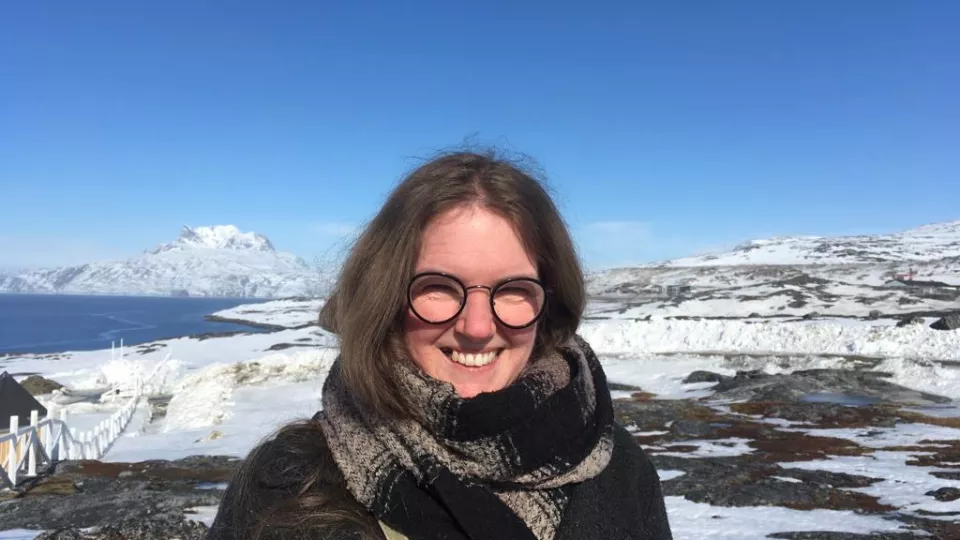This project examines the role of small-scale agroecological farming in achieving sustainable welfare and sustainable agriculture. The purpose is to analyze barriers to and facilitators of the adoption of agroecological farming in Sweden and China. Empirically the project focuses on permaculture farms, as these are readily identifiable, uniformly small-scale, and ecologically sustainable. The specific aims are: to analyze interactions between permaculture farms and contextual conditions of uneven development and land-use change; to investigate social relations between farmers and local community, and farmers’ online professional social media practices; and to examine how policies on welfare, environment, agriculture and rural development facilitate or deter adoption of agroecological farming. The project involves comprehensive fieldwork in Sweden and China, and applies extensive and intensive research methods in accordance with critical realist methodology. Qualitative methods include Systematic and Reflexive Interviewing and Reporting, participant observation and field observation. Interviews, observations, and social media information will be managed by qualitative data analysis tools. Quantitative methods include spatial analyses, online surveys (Sweden only), and strategic use of secondary data. The project aspires to contribute to knowledge concerning the interdependence of sustainable agriculture and sustainable welfare, and how they can be jointly achieved in practice.
Formas grant (The Swedish Research Council for Environment, Agricultural Sciences and Spatial Planning) for researcher Annika Pissin

Annika Pissin and Eric Clark (Geography, project leader) will investigate the obstacles to and advantages from small-scale diversified agriculture in China and Sweden for three years starting in January 2019.

